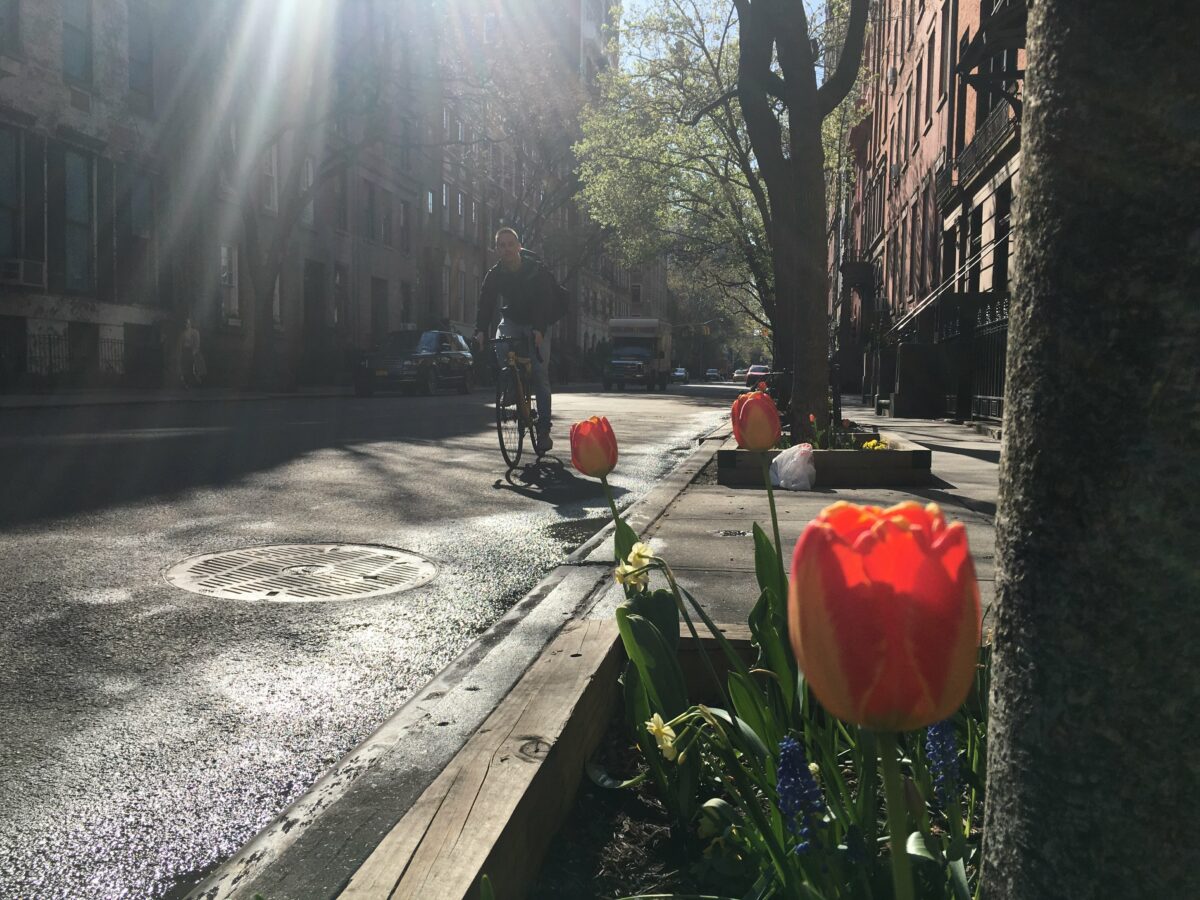July 8, 2021
How to correct the defect of your vision

I’ll never forget the first day I tried wearing contact lenses.
My friends and I were at a baseball game, and for the first time in my life, I could actually see everything clearly.
It was breathtaking. The scoreboards, the advertisements the players, the ball, the nachos, it all suddenly snapped into focus. I remember saying to my friend, holy crap, so this is what it’s like to really see. Goodbye glasses, hello clarity.
Behold, the power of lenses. That little plastic transparent circle changed the convergence of light rays and corrected the defect of my vision. Truly mesmerizing.
Ever had one of those moments before? Even if you don’t wear glasses or contacts, when was the last time you experienced a real crystallization before?
If you can’t remember, here’s the good news. You can proactively create them for yourself. That’s one of the most transformative tools in the personality creativity management system. Giving yourself a new way of interpreting reality. A few examples.
The first lens is called fictioning, or treating memory as an art form for the purposes of nourishing yourself. Essentially, you remember things in a way that’s consistent with the way you wish to ideally see yourself. Autobiographical memory, that vivid recollection of a past event that reflects what you value most about our life history, can be a beautiful thing. It fills you with a lot of useful positive energy.
Another lens is called storehousing, or exponentially increasing your overall asset of creativity by giving more of it away. Even if you’re paranoid somebody will steal your work, share it with the world anyway. Give away your talent to the market until they’re ready to pay for it. And if they do, awesome. Or if they don’t, that’s awesome too. Because the reward for being generous is being the carrier of generosity.
One last lens you might try is called repackaging, or, forcing yourself to appraise negative circumstances in a forward thinking way. Next time you fail or get rejected in your creative practice, open your eyes to the possibility that something good is just around the corner. Instead of beating yourself up and cursing the heavens, give yourself permission to see opportunities that were previously unavailable.
These lenses may not affect the outcome, but it will certainly alter your experience.
How might a new one changed the convergence of light rays and correct the defect of your vision?

